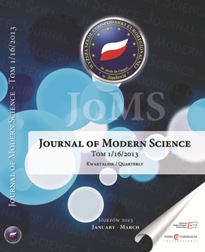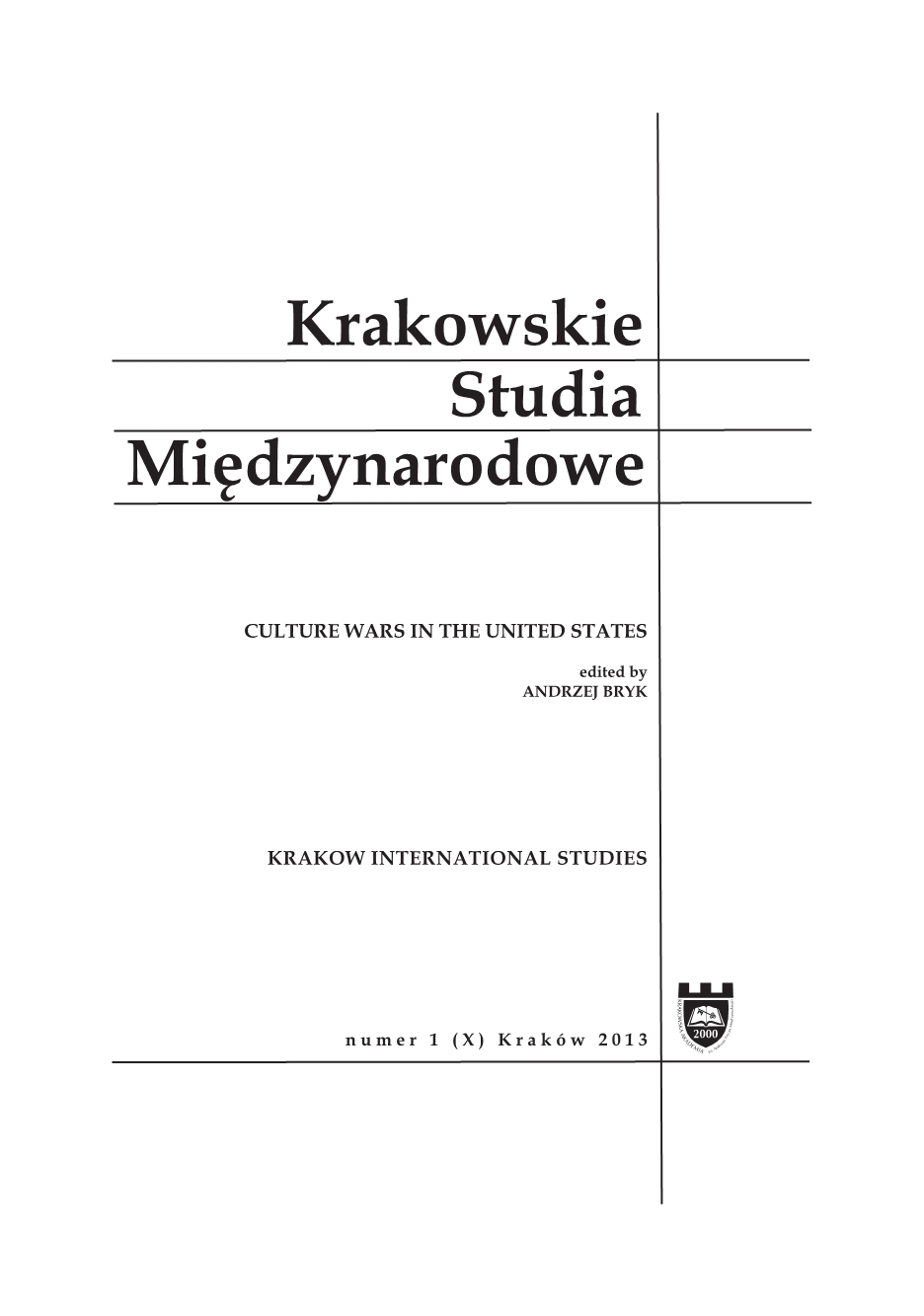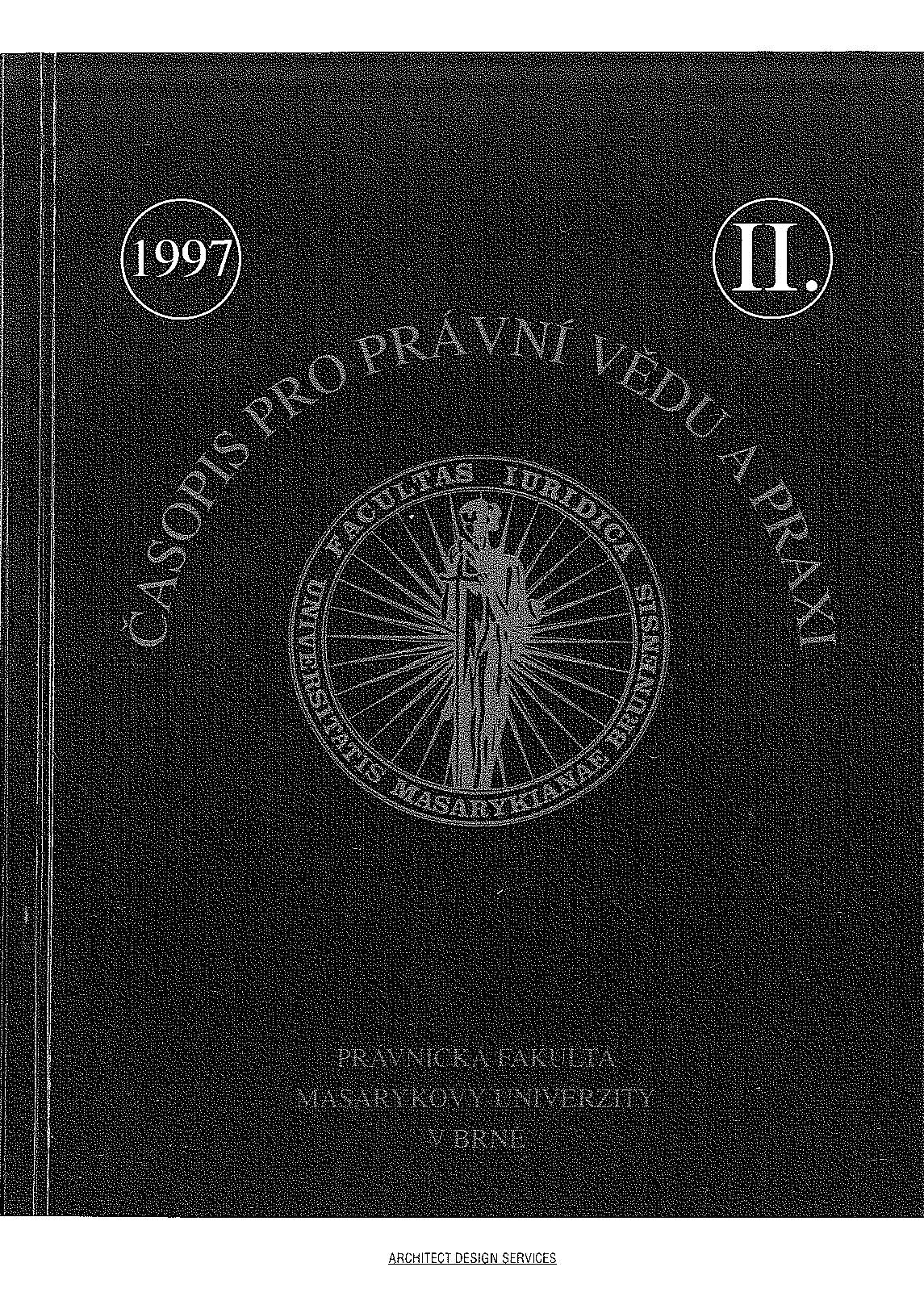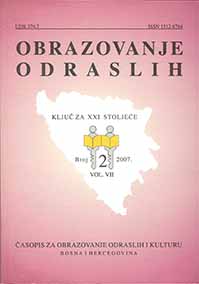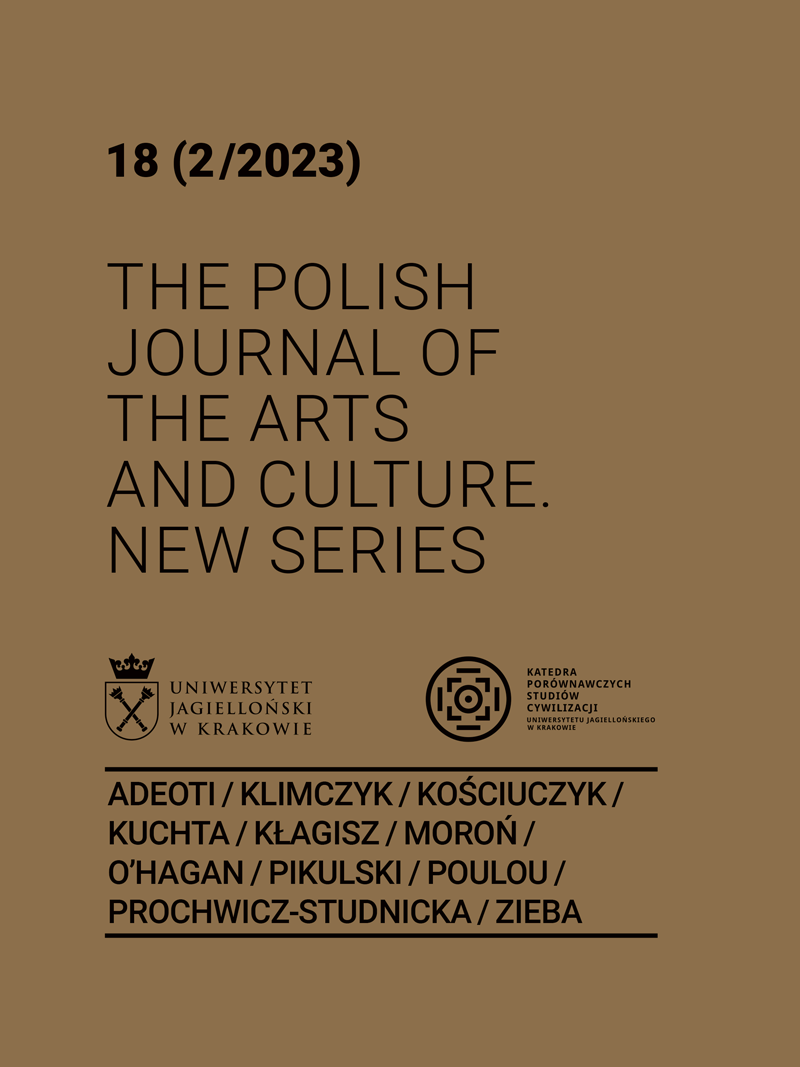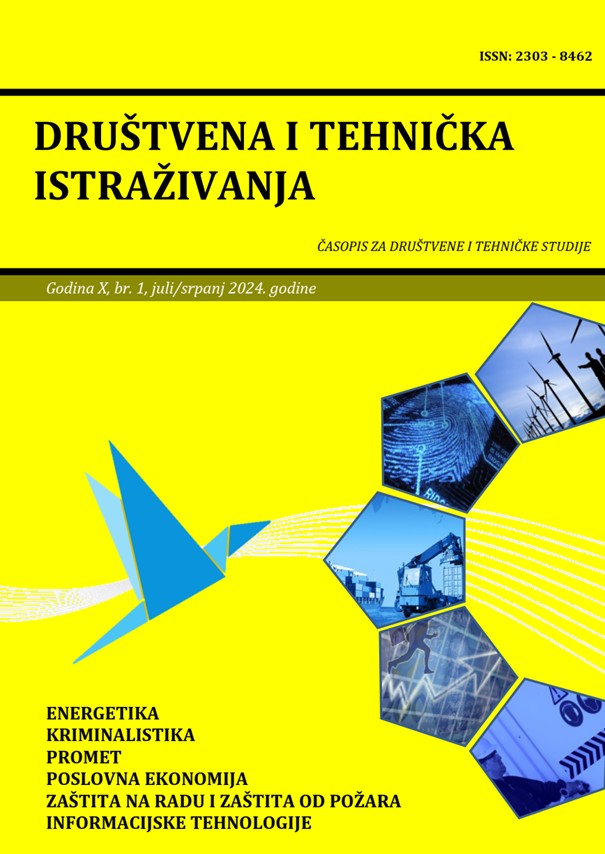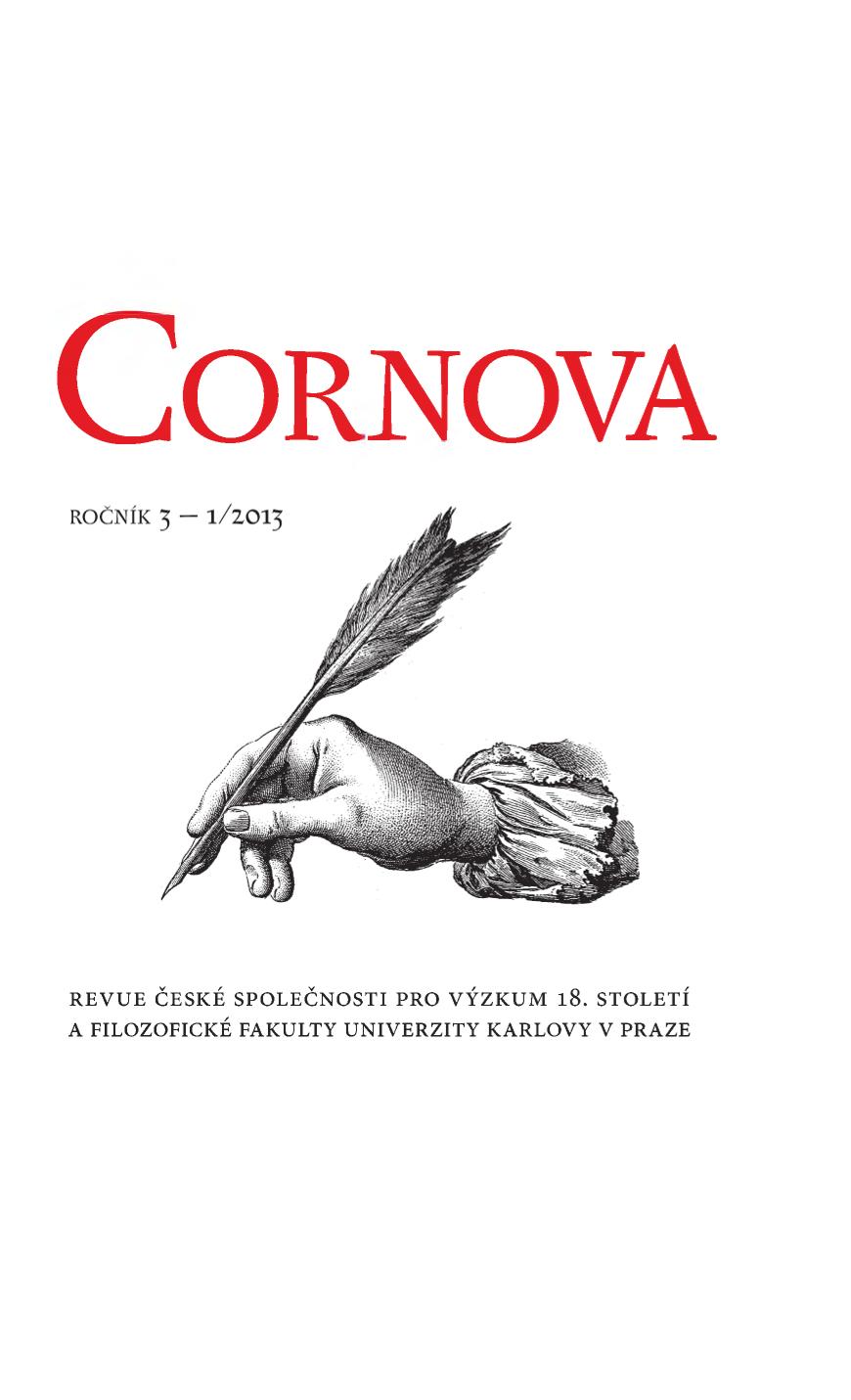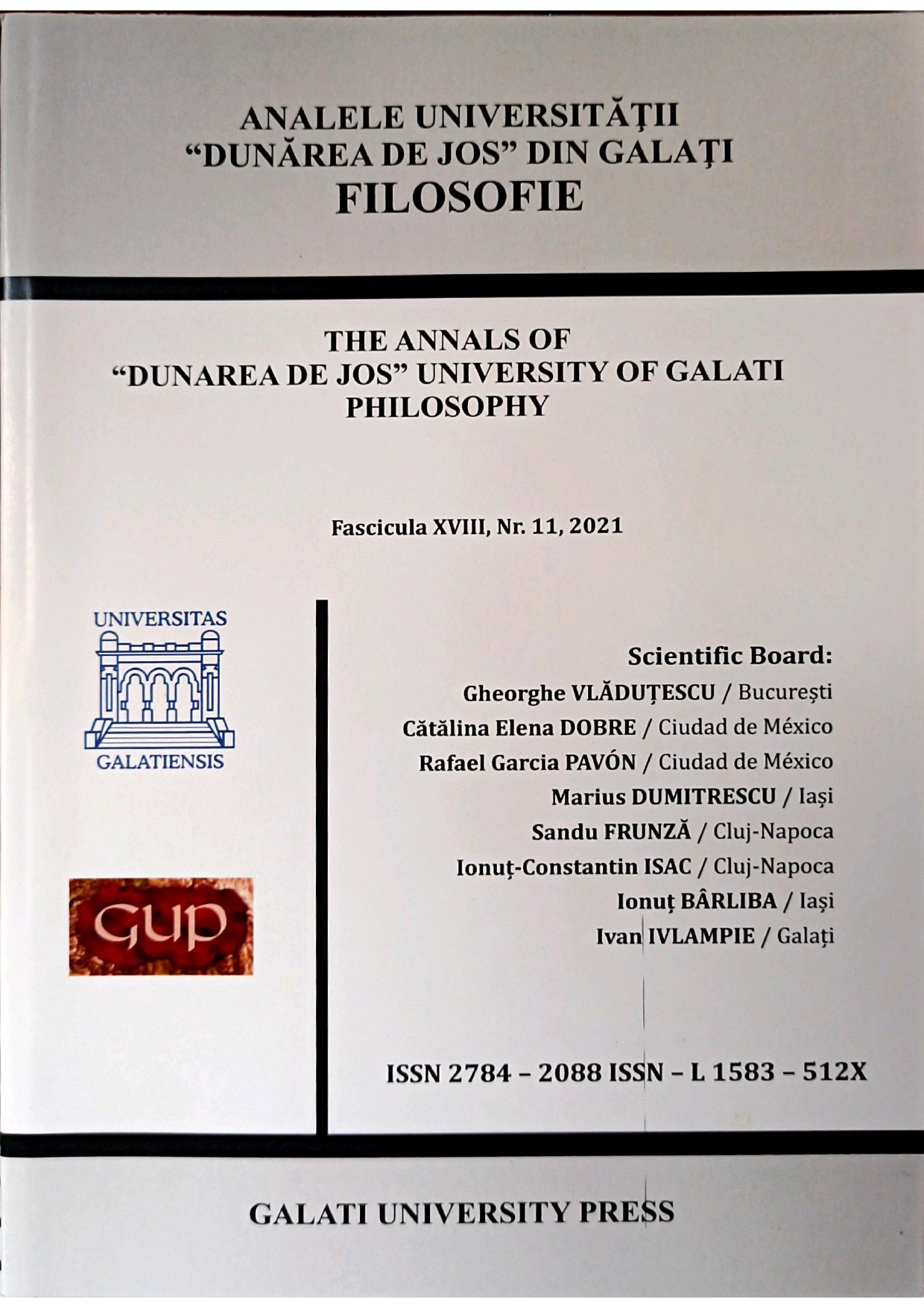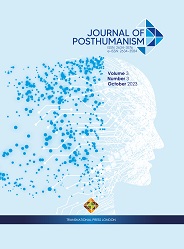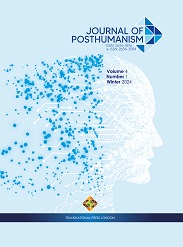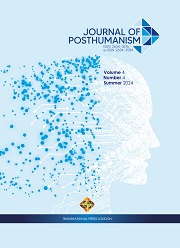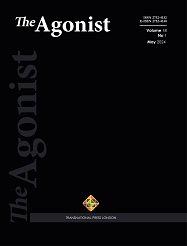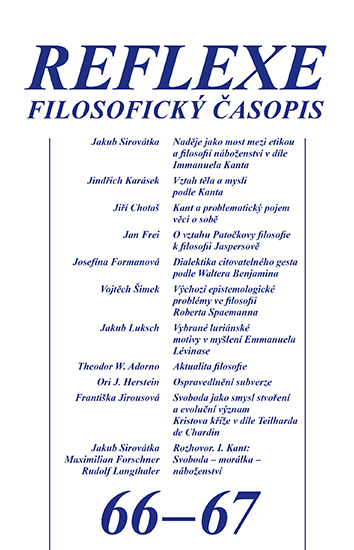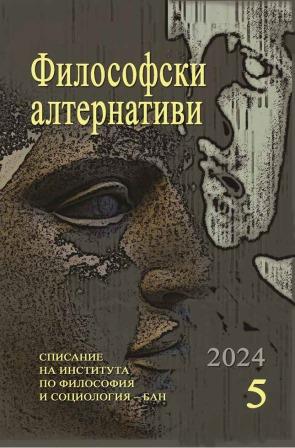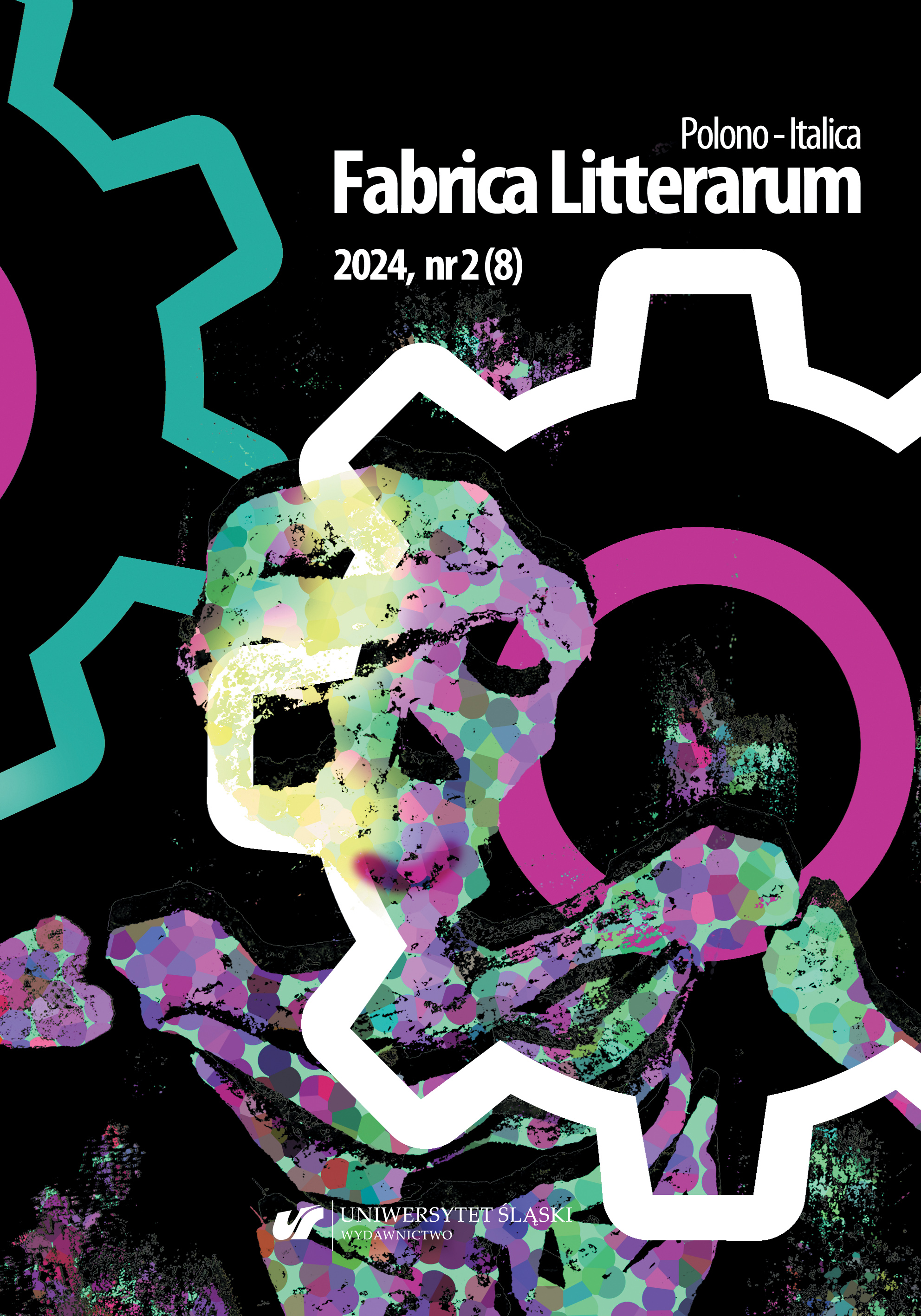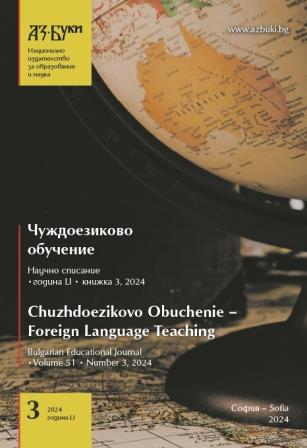Author(s): Philip Ogo Ujomu / Language(s): English
Issue: 5/2024
This paper tries to develop a tenable philosophical idea of Ubuntu, that is, more specifically, a crystallized and sanitized African indigenous ethical perspective. Africa as an idea seems to be a “contested” concept in this contemporary post-colonial era due to the influx of different nuances, races, values, and beliefs that are in contention. Should this be a source of worry? So far, Ubuntu theory and practice in Africa seem to have become emotive, politicized, and not inclusive enough due to grandstanding about ownership, poor conceptual and theoretical articulation, as well as antagonism from other related foreign dominant worldviews that wish to become the development paradigm for most African social and political systems. This raises relational and dialogical issues about meaning from an African viewpoint. The search for an African endogenous paradigm for development is urgent given the real consequences of a (neo)colonial tendency that has threatened and disadvantaged the development of most countries due to its dominant paradigms of alienation, exploitation, and marginalization. These values have altered or affected African behaviour and thinking. This transformation of the African personality raises issues about agency. The underlying values of a development paradigm or philosophy of development for Africa require an ethical basis for human existence in political and social order. Generally, social order in most parts of Africa is beset by the problem of a negative dominant social paradigm (DSP) or core social values of hatred, intolerance, the abuse of human rights, dehumanization, exploitation, authoritarianism, poverty, and oppression. This often leads to tension, violent conflicts, and wars. So to build a viable and stable endogenous paradigm for development in most African sociopolitical environments, we attempt to use the main pillar of interconnectedness among human beings, which is central to Ubuntu as a humane and humanistic social system, to underscore some key moral and democratic values required for human liberation and transformation. The research question is: What concrete elements or values of Ubuntu can be useful as paradigms of endogenous African development? Specifically, our findings suggest that Ubuntu ethics is defined by a set of human values central among which are reciprocity, the common good, peaceful relations, an emphasis on human dignity and the value of human life, as well as consensus, tolerance, and mutual respect. Thus, the paper argues for the possibility of utilizing Ubuntu ethical correlates as materials for establishing stable and viable development worldwide and specifically in Africa.
More...
